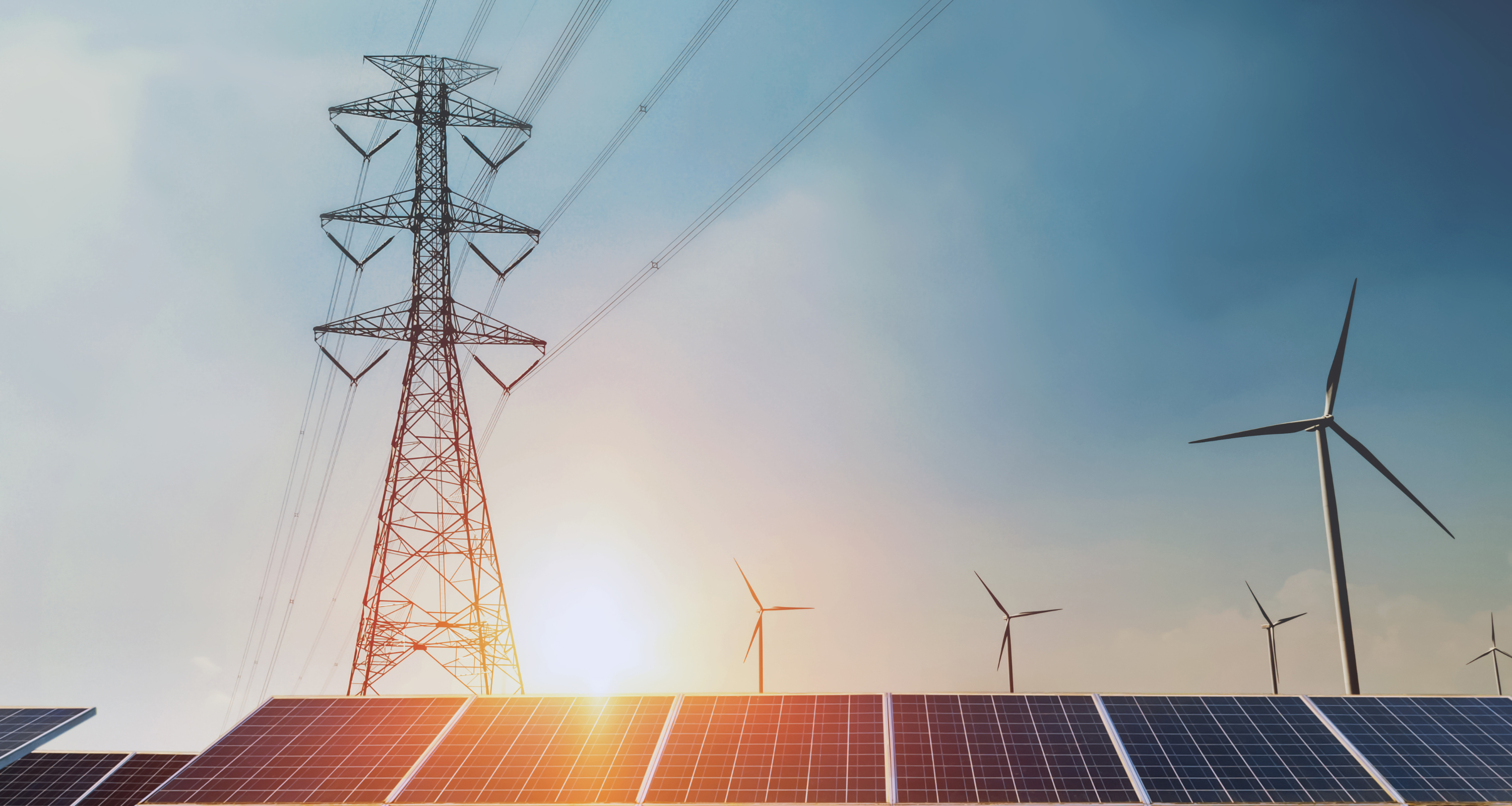Disconnected: The Need for a New Generator Interconnection Policy
Disconnected: The Need for a New Generator Interconnection Policy, a report sponsored by Americans for a Clean Energy Grid on behalf of the Macro Grid Initiative, examines the interconnection process and finds that policies governing queues are unworkable and inefficient, having resulted in a backlog of 734 gigawatts of proposed generation — 90 percent of which are new wind, solar, and storage projects. The report finds that this backlog has increased electricity costs for consumers, harmed rural economic development and job creation efforts, prevented states, utilities, and businesses from reaching their decarbonization goals, and needlessly exposed Americans, especially those in marginalized communities, to the harmful impacts of smog, nitrogen oxide, sulfur oxide, fine particulate matter, and carbon dioxide pollution. The paper calls for FERC to discontinue the current “participant funding” policy, labeling a model that places nearly all costs of shared network upgrades on interconnection customers to be no longer “just and reasonable.” The report recommends that FERC and RTO planning authorities expand and improve regional and interregional transmission planning processes to proactively incorporate future generation additions, retirements, and benefits to load, while spreading the costs of upgrades that provide economic and reliability benefits and reduce congestion to all beneficiaries.
Join leaders from across the clean energy sector.

What will our next 20 years look like? Here’s the truth: they’ll be better with ACORE at the forefront of energy policy.
Shannon Kellogg
Amazon Web Services (AWS)
